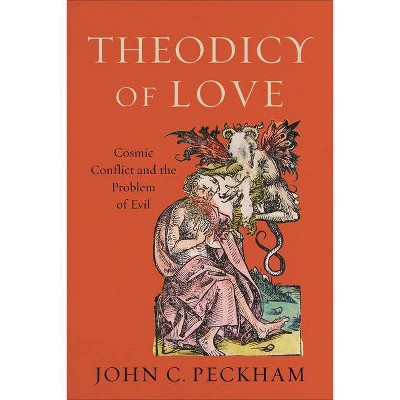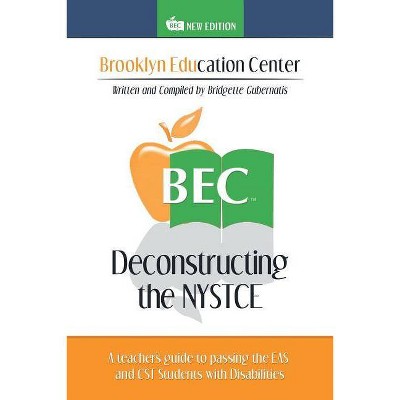Deconstructing Theodicy - by David C S C Burrell (Paperback)
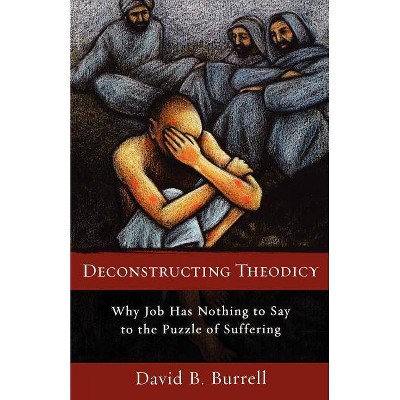
Similar Products
Product info
<p/><br></br><p><b> About the Book </b></p></br></br>Drawing on Islamic as well as Christian sources, David Burrell provocatively shows that Job does not explain the problem of evil.<p/><br></br><p><b> Book Synopsis </b></p></br></br>An ancient commentator called Job a "strange and wonderful book." For many readers, "strange" might do. Though Job has been characterized as an answer to the problem of suffering, for many the book fails to satisfy the longing for answers it supposedly contains. Perhaps that, in fact, is the point of Job--there are no satisfactory arguments for why people suffer. In this compact yet substantial volume, David B. Burrell argues that this is the message of Job. Burrell engages major movements of the book in theological and philosophical reflection. The book also contains an interfaith perspective with the inclusion of a chapter by Islamic scholar A. H. Johns on the reading of the Job figure in the Koran. Burrell finally concludes that Job's contribution to the problem of suffering is as an affirmation that God hears and heeds our cries of anguish. <p/>EXCERPT<br>While an initial reading of the story which frames the book of Job suggests a classical theodicy of divine testing and of reward and punishment, we shall later see (with the help of real friends) just how misguided a reading that is. For now, it will suffice to note how the drama's unfolding belies such a reading, notably in the counterpoint between each of Job's friends and Job himself. For while they each address arguments to Job, his riposte to their arguments is addressed not to them but to the overwhelming presence of the God of Israel, to inaugurate an implicit dialogue vindicated by that same God who ends by announcing his preference for Job above all of them. Indeed, they incur the wrath of that God for attempting vigorously to take God's side! Yet since this is the very One who has taken such care to reveal his ways to a particular people (to whom Job does not belong), one cannot escape concluding that the entire dramatic exchange--between Job and his interlocutors and even more between Job and the God of Israel--must be directed against a recurrent misappropriation of that revelation on the part of the people entrusted with it. So it must be that the book's primary role in the Hebrew canon will be to correct that characteristic misapprehension of the revelation displayed by Job's friends, as their "explanation" of his plight turns on reading the covenant as a set of simple transactions.<p/><br></br><p><b> From the Back Cover </b></p></br></br>Maimonides called Job a "strange and wonderful book." For many, "strange" might well suffice. Though Job has been characterized as a theodicy, to the sincere reader the book can fail to satisfy the soul's longing for answers to the problem of suffering. Perhaps that in fact is the point of Job--there are no satisfactory propositional arguments for why people suffer. <p/>In this compact yet rich volume, philosopher of religion David Burrell shows that Job actually deconstructs the theories of theodicy proposed by commentators over the centuries. This is seen in the fact that Job's three friends themselves offer theodicies, but are rebuked in the end; whereas Job, who seeks only to speak to God, is granted his audience. <p/>Rather than providing an exegetical commentary, Burrell engages in theological and philosophical reflection on the major movements of the book. <i>Deconstructing Theodicy</i> also contains an interfaith perspective with the inclusion of a chapter by Islamic scholar A. H. Johns on the reading of the Job figure in the Koran. Burrell then goes on to examine the treatment of Job in four classical commentaries and finally explores Job's contribution to faith and theology as an affirmation that God hears and heeds our cries of anguish.<p/><br></br><p><b> About the Author </b></p></br></br><b>David B. Burrell </b>(PhD, Yale University) is the Theodore M. Hesburgh, CSC Professor in Philosophy and Theology at the University of Notre Dame in Notre Dame, Indiana. He is the author of several books, including <i>Freedom and Creation in Three Traditions</i>, <i>Knowing the Unknowable God</i>, and <i>Aquinas: God and Action</i>.
Price History
Price Archive shows prices from various stores, lets you see history and find the cheapest. There is no actual sale on the website. For all support, inquiry and suggestion messagescommunication@pricearchive.us
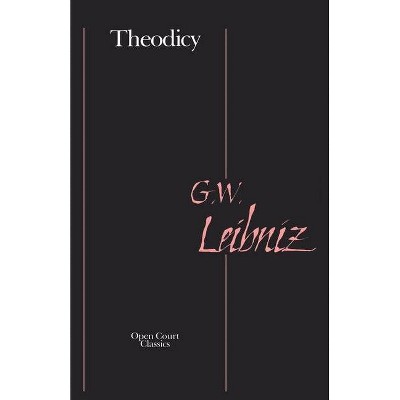
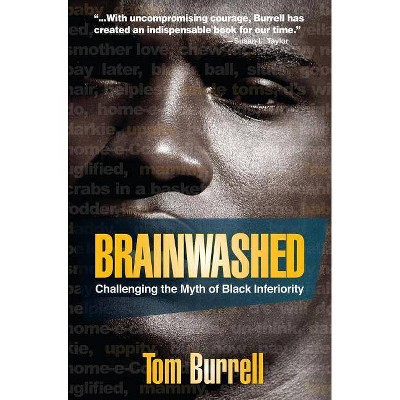
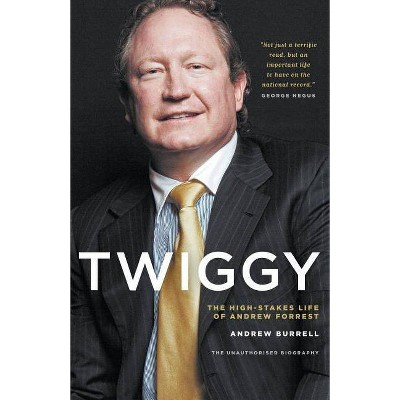

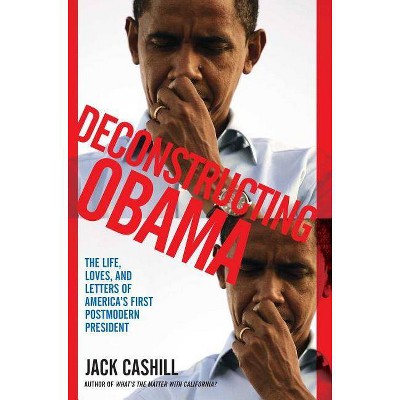

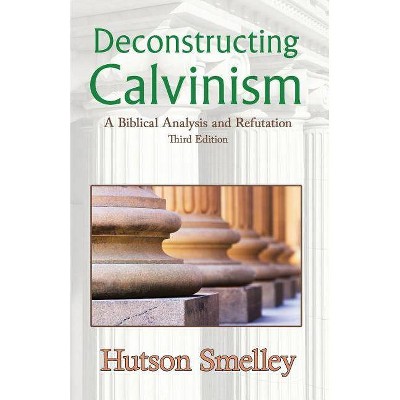
![Bluesy Burrell [LP] - VINYL](https://pisces.bbystatic.com/image2/BestBuy_US/images/products/3252/32526547_so.jpg)
